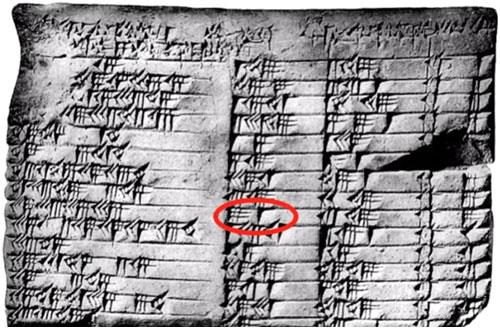Authors
Patrick Durusau & Sam Hunting
Abstract
Stephen Gandel's Damn Excel! How the 'most important software application of all time' is ruining the world is NOT an indictment of Excel. It is an indictment of the inability to:
- Link spreadsheets to emails.
- Track relationships between cells and between cells and formulas.
- Track comments on spreadsheet errors.
- Have versioning for cell contents/formulas.
Without those capabilities, spreadsheets are dangerous to their authors and others.
How dangerous you ask? A short list of horror stories would include:
- 2013, the "London Whale," JPMorgan Chase, lost £250 million.
- 2013, error in calculation of international Government debt to GDP ratios.
- 2012, JPMorgan Chase loses $6.2 billion due to a spreadsheet formula error.
- 2011, MF Global collapses, in part due to the use of spreadsheets to track assets and liabilities.
- 2010, US Federal Reserve, spreadsheet error on calculation of $4 billion in Consumer Revolving Credit.
The EuSpRIG Horror Stories page has a generous sampling of more spreadsheet horror stories.
Statistically speaking, F1F9 estimates: "88% of all spreadsheets have errors in them, while 50% of spreadsheets used by large companies have material defects, resulting in loss of time and money, damaged reputations, lost jobs and disrupted careers".
If that weren't bad enough, other research indicates that 33% of all bad business decisons are traceable to spreadsheet errors. That's right, 33% of all bad business decisions. That's a business case looking for a solution. Yes?
Disclaimer: Topic maps, even a legend based on the Topic Maps Reference Model, ISO/IEC 13250-5 (2015), cannot magically prevent fraud, stupidity or human error. Topic maps can enable the modeling of relationships within spreadsheets, create comment tracking on errors/spreadsheets, even when the comments are in emails, and explore the subject identities and merging practices required for content level versioing of spreadsheets. Our goal is to empower you to detect fraud, stupidity and human error.
On the technical side, we will analyze real world spreadsheets, determine subjects to be represented and how to identify them, create a legend that will constrain the representatives of subjects (using ordinary XML tools), create a topic map of an actual spreadsheet and review our results against the known requirements to improve auditing of spreadsheets. The auditing process itself will be shown to be auditable.
Sample

The Babylonian tablet Plimpton 322, from around 1800 BCE, is a form of spreadsheet. It lists Pythagorean triples, that is integers w, l, d such that w2 + l2 = d2. The highlighted area, like almost all spreadsheets, contains an error.
Publication
2015, Balisage: The Markup Conference, Balisage Series on Markup Technologies, volume 15, August
Full article
Spreadsheets - 90+ million end user programmers with no comment tracking or version control
